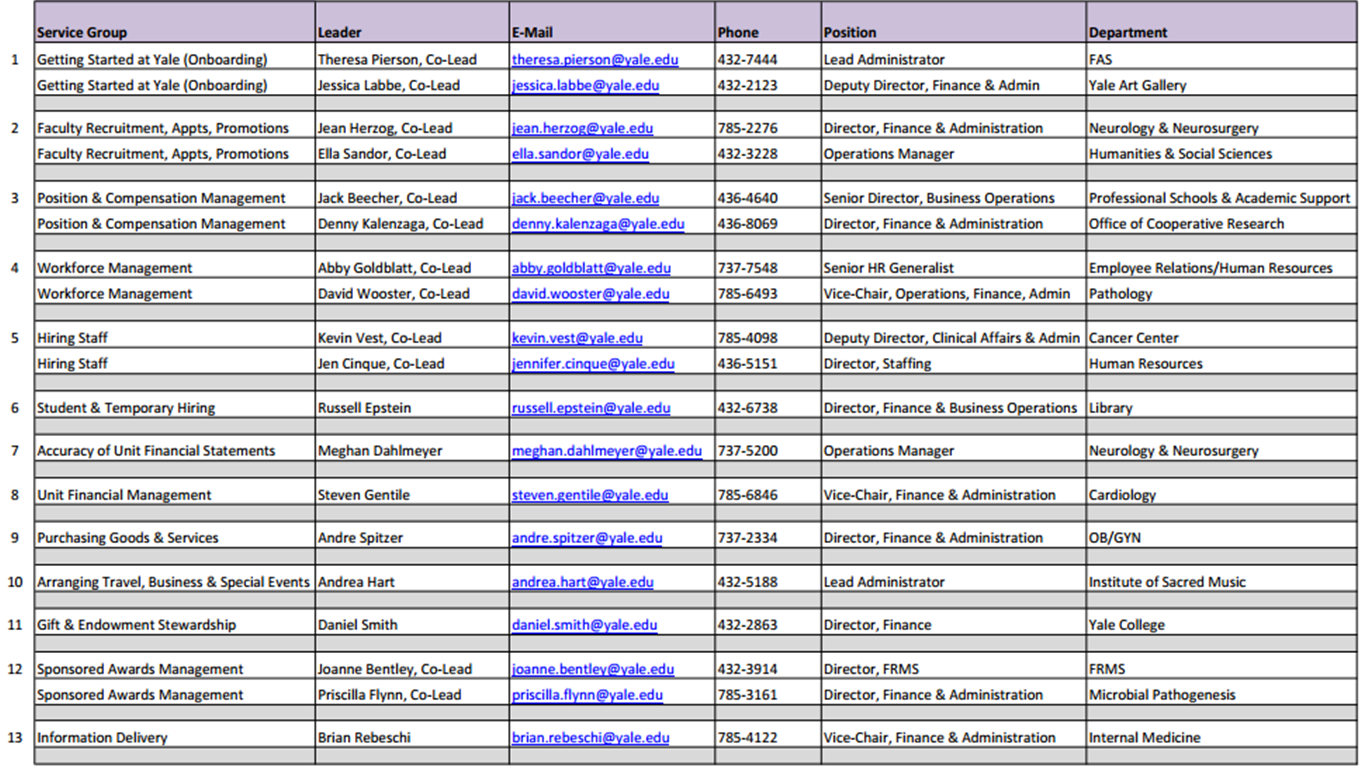Welcome to the fourth edition of the Workday Program Newsletter, your one-stop shop update for all Workday-related activities! In this issue, we will discuss several key Workday concepts and provide an update on Service Groups and the Program Team’s recent progress. Refer to the Program website to remain informed of all Program activities.
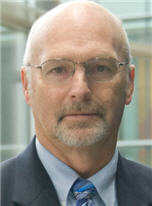
Welcome Richard Bascom!
Effective April 1st, Dick Bascom joined the Workday Team in the role of Change Management Director, dedicated to leading Program change management efforts. With over 25 years of Yale experience, Dick is a well-known and highly respected administrator with a great depth of experience in supporting academic program operations. Please join us in welcoming Dick!
Did You Know…?
You can find a growing glossary of Workday terms on the website. Featured below are several core concepts referenced in the glossary and additional resources on the website:
Workday Landing Page: Landing pages display a variety of icons enabling every day actions such as requesting time off, reporting time and handling expenses. Common landing pages include “My Workday”, “Home” (the one-stop-shop for Employee Self Service and informational needs), and “My Team” (hosts Manager Self Service actions).
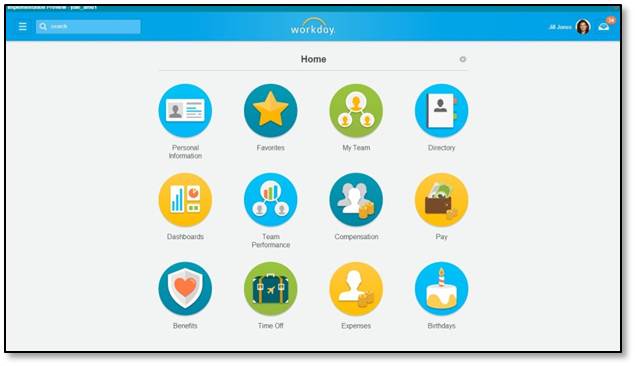
Manager Self Service: In Workday, any Yale faculty or staff member who supervises/manages staff will have a Workday manager role. This role provides managers to access a wide range of helpful job, and position information about his/her team and includes access to numerous built-in reports. Manager Self Service tasks are accessible through Workday’s “My Team” landing page.
Prototype: A Prototype is a working model of the future system. The Program uses prototypes to test and then rework (configure) as necessary until the prototype is ready for system development.
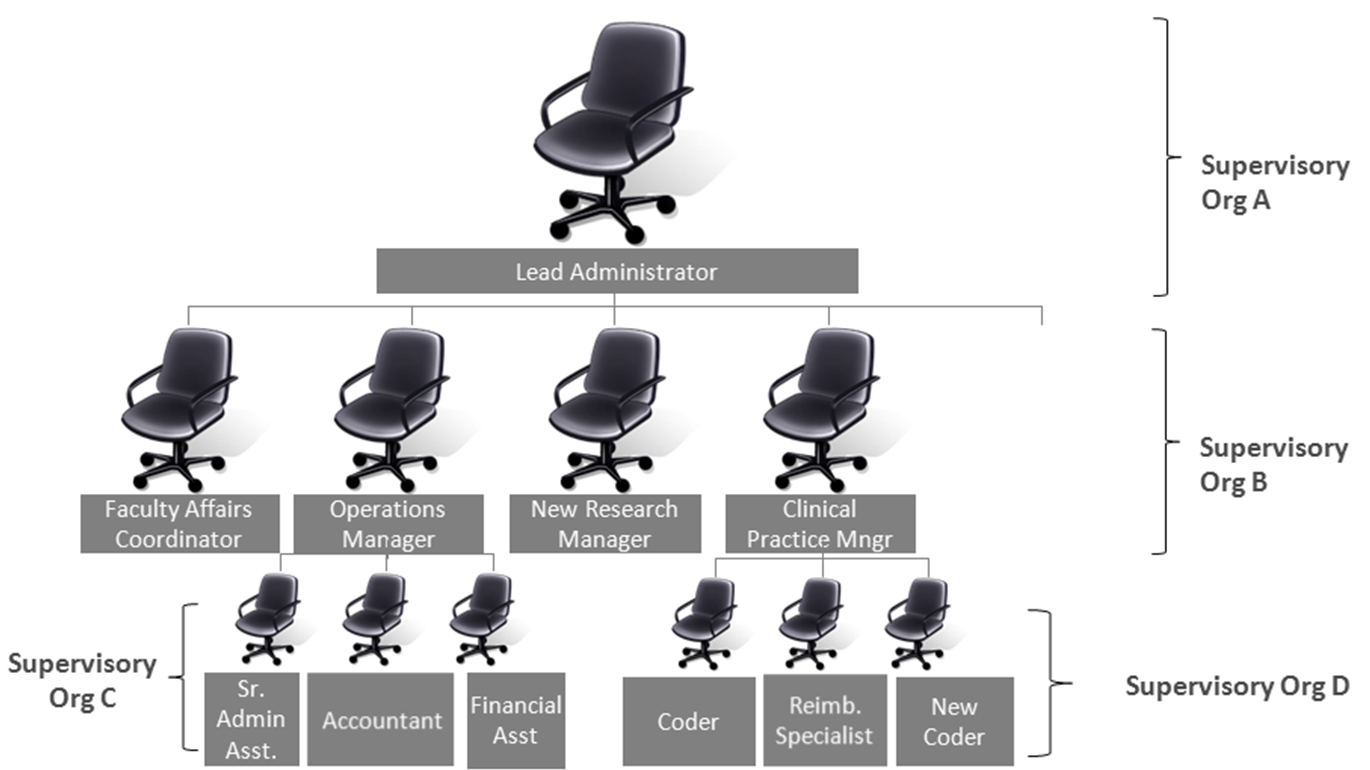
Supervisory Organization: Supervisory Organizations are a foundational structure in Workday. They enable administrative and business support activities in Workday. Workday uses a hierarchical position-to-position structure and all faculty and staff belong to a Supervisory Organization. Examples of Supervisory Organizations include business units, departments, and workgroups. Departments can have multiple Supervisory Organizations, as well as other types of Workday organizations, cost centers, matrix organizations, etc.
Tenant: As a software-as-a-service (SaaS) provider, Workday employs a multi-tenant architecture, meaning a single instance of the application serves multiple customers. This architecture allows Workday to make system updates remotely and at the same time, enables Yale to be on the same version as every other Workday customer. Multi-tenancy will also help Yale stay green—Workday’s centralized data centers reduce energy consumption and use computing resources more efficiently.
Business Design Sessions: Workday delivers a powerful business process configuration tool that helps to define organization-wide business processes. The Business Design Sessions allow us to assess the current state business operations to determine how Workday might support these high level business operations. It also allows us to model changes and improvements to the processes. Representation and input from all workstreams is critical to provide a solution that is workable across campus.
.jpg)
|
Nancy Creel-Gross presenting on March 4, 2014 to members of the HR Community. Nancy was recently named Assistant Vice President, Workday Program and HR Operations. In this position, Nancy will retain her responsibility for Employee Services and Human Resources Information Services, while assuming responsibility for the overall Program strategy, structure, staffing and daily operations. Please join us in congratulating Nancy on her expanded leadership role! |
Workday Program Team Updates
Project Management Office (PMO)
The PMO continues to collaborate with Workstream Leads understand and validate project dependencies, staffing needs, scope and schedules to manage the entire Program. The PMO maintains records of risks, action items, issues and decisions and works closely with each work streams to ensure the success of the overall program.
Human Capital Management (HCM), Payroll and Faculty Support Teams
These teams are busy collecting the remaining configuration data and business process requirements needed to enable workflow, employee and manager self-service. Core People Management and Information, Compensation, Absence Management, Benefits, Payroll, Academic Staffing and Information are on deck for the first Workday Release 1 of HCM and Payroll in the first half of 2015. April 2015 is our target date.
Technology
The Technology Team continues to make progress on identifying the many system integrations and Data Conversions needed for Workday at Yale. Working closely with the HCM, Payroll and Faculty Support teams, these groups are capturing details around departmental system integrations such as SciQuest, STARS and many others important for Workday Release 1. This early work provides visibility into opportunities for consolidation of integrations, needs for new integrations and even integrations that might be eliminated.
Change Management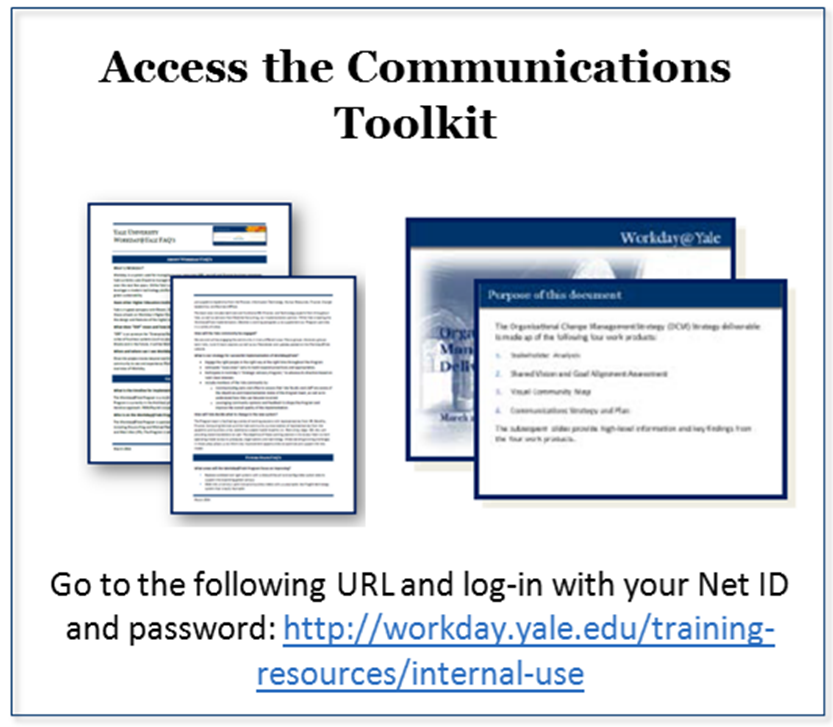
The Change Management team recently participated in HCM, Payroll and other Business Process Design sessions to identify changes that will impact future users. This information will serve as one of many inputs into training design and future program communications. Workday Program Team training sessions will continue to be scheduled over the coming months, utilizing a variety of training delivery approaches (e.g. in-person, virtual, and on demand training).
Finance
The Finance team is focused on the cross functional work needed to support our Release 1 HCM/Payroll implementation. The work includes understanding Workday financial application concepts and identifying dependencies and key milestones. Detailed work is underway on interface needs and the new Workday Financial Data Model (including chart of accounts and other related data elements) needed initially to support HCM and Payroll.
Service Group Updates
New Service Group Leaders Announced!
Service Group Leader nominations and recruitment began in mid-February, followed by member recruitment in mid-March. Members have been recruited for the first three Service Groups, and can be accessed on the Service Groups page, or by clicking here. These new members began training and meetings in May. Phase 2 Service Group Members include: Faculty Recruitment, Appointments, Promotions; Position & Compensation Management; and Student & Temporary Hiring & Lifecycle.
Below is the list of recently of recently appointed Service Group Leaders. If you have questions about the Service Groups, please contact Sandy Stein, sandy.stein@yale.edu.
Staff Spotlight-Anna Maria Hummerstone
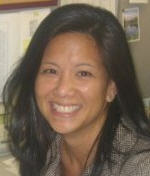
We recently sat down with Anna Maria Hummerstone, Workday Faculty Support Team Lead and Yale School of Medicine Director for Faculty Support, to discuss her role in the Workday Program.
CM: What is your role with the Workday@Yale project?
AMH: I am the Faculty Group Lead and part of the HCM workstream. We are primarily focused on the academic capabilities in Workday - faculty appointments and promotions; faculty tracks; academic pay; and the processes for obtaining appropriate approvals and capturing this information in one source system. We also collaborate with the Office for Postdoctoral Affairs to make sure their needs are addressed.
CM: How does the Workday@Yale Program differ from other Programs employed by Yale in the past?
AMH: A key success factor for the Program has been involving the community throughout the project. Rather than addressing community impact as an afterthought, the Program Team is working to anticipate how changes will be perceived and received.
The prototypes and tenants provide insight into how Workday can positively transform the way we work, but at times, the process to get there can be overwhelming. It’s important to keep the big picture in focus—seeing how things will look as we develop the prototypes in the tenants helps us do that. Sure, we could just hire someone to assemble it for us, but with a large-scale project like this, it is important that you have resident experts who understand how all of the pieces fit together.
CM: Final Thoughts?
AMH: Where we can, we should look for guidance from our peer institutions that have implemented Workday, such as Brown University, Cornell University, and the University of Chicago, and not reinvent the wheel. Workday has great potential to transform how we work and if we’re strategic about how we implement, we could really make some positive changes to how we support Yale’s missions of teaching, research and practice.
